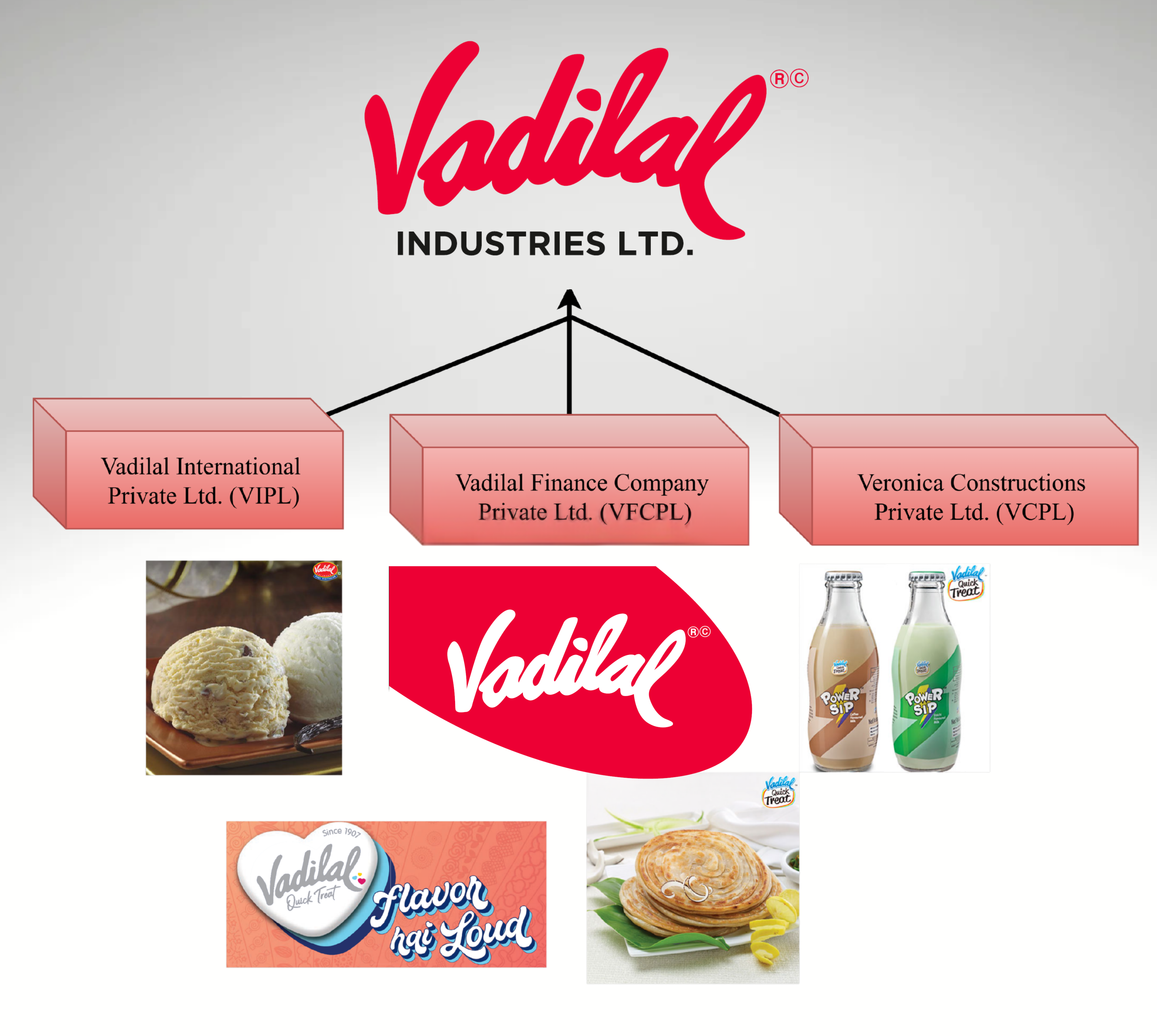Canada’s Potash Corp of Saskatchewan (POT.TO) and Agrium Inc (AGU.TO) are more likely to win approval for a potential merger in Canada than the United States, but U.S. rejection of the deal would scuttle it globally, competition lawyers said.
Potash and Agrium confirmed merger talks on Tuesday, a deal that would create a fertilizer and farm-retailing giant.
Canada is likely to look more favorably on the combination because its regulators more strongly weigh the potential for achieving efficiencies such as reducing overhead and optimizing shipping. This position has its roots in a desire by policymakers to strengthen companies operating in Canada’s smaller market.
“The efficiencies defense will certainly loom large,” said Nikiforos Iatrou, competition group chair at law firm WeirFoulds, in Canada. “It’s possible that in this case the efficiencies win the day in Canada but don’t carry the day in the United States.”
The defense was highlighted this year, when the Canadian Competition Bureau approved a deal between Superior Plus Corp (SPB.TO) and Canexus Corp (CUS.TO), saying that efficiency gains would be greater than the anti‑competitive effects.
The U.S. Federal Trade Commission blocked the same deal, which was then scrapped.
U.S. TO FOCUS ON PRODUCT PRICING
Potash and Agrium have significant operations in the United States, which would spur review by the Federal Trade Commission or the Justice Department.
U.S. regulators would focus primarily on prospects for the deal to raise prices for the companies’ fertilizer products, which account for as much as one-third of input costs for U.S. corn farmers.
A combined Potash and Agrium would control 62 percent of potash capacity in North America, 30 percent of phosphate production capability and 29 percent of nitrogen capacity, according to National Bank Financial.
Both U.S. regulators have taken an aggressive stance on mergers, said Andrea Murino, co-chair of competition at U.S. law firm Goodwin Procter LLP.
“Just based on the market shares, the deal is going to get some really close scrutiny,” she said.
The prospect of having only two big U.S. potash sellers, down from three, might worry antitrust enforcers, said Ethan Glass, a Justice Department veteran now at Quinn, Emanuel Urquhart & Sullivan.
The merged company could sell Agrium’s Canadian potash mine to ease those worries, he said.
Agrium-Potash’s clout could also be diluted by other developments with rival miners Mosaic Co (MOS.N) and K+S AG (SDFGn.DE) planning to add capacity in North America.
Under the Canadian review, Potash and Agrium could argue their merger would enable the Canadian company to be a stronger global player.
“This idea of creating a ‘national champion’ pops up from time to time – and the federal government is often pressured to consider measures that would be supportive of this,” said Subrata Bhattacharjee, law firm BLG’s vice chair of competition.
The deal may also catch the attention of regulators in China, a major potash buyer. Agrium, Potash, and Mosaic sell potash offshore through jointly owned Canpotex.
Huy Do of Canadian law firm Fasken Martineau said Chinese regulators may see the deal as an opportunity to dismantle Canpotex.
(Reporting by John Tilak in Toronto, Rod Nickel in Winnipeg, Diane Bartz in Washington, D.C., Michelle Price in Hong Kong; Editing by Cynthia Osterman).
Recent Articles on M&A
Source: Reuters.com




